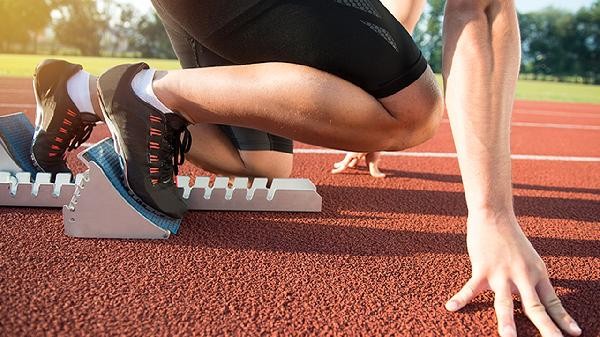Running and fitness require supplementing high-quality nutrients such as protein, carbohydrates, vitamins, minerals, and water. Running consumes a lot of energy and accelerates metabolism, and supplementing nutrition appropriately can help improve athletic performance and promote recovery.

1. High quality protein
After running, there may be slight damage to muscle fibers. Supplementing with high-quality protein can help repair muscle tissue. Chicken breast, egg white, whey protein and other foods contain a complete amino acid profile, and it is recommended to consume them within 30 minutes after exercise. Insufficient protein intake may lead to muscle loss, but excessive intake can increase the burden on the kidneys.
2. Carbohydrates
Low glycemic index carbohydrates such as oats and whole wheat bread can be supplemented 2 hours before running to reserve energy for exercise. After exercise, it is recommended to choose bananas or white rice with high glycemic index to quickly supplement muscle glycogen. Long term runners can carry energy gel with them to prevent hypoglycemia.
3. Vitamins
Vitamin B is involved in energy metabolism, while vitamins C and E have antioxidant effects. Dark colored vegetables, nuts, and citrus fruits are all good sources. High intensity running produces reactive oxygen species, and increasing vitamin intake appropriately can alleviate oxidative stress damage.

4. Minerals
Electrolytes such as sodium, potassium, and magnesium are lost in large amounts with sweat, which may cause muscle spasms. Sports drinks can be replenished immediately, and daily consumption of mineral rich foods such as seaweed, spinach, bananas, etc. should be increased. Iron is particularly important for endurance athletes, as iron deficiency can lead to sports anemia.
5. Moisture
During running, it is necessary to replenish 150-200 milliliters of water every 15-20 minutes, and increase the amount of hydration during summer or long-distance running. If the difference in weight before and after exercise exceeds 2%, there is a risk of dehydration. The color of urine is a simple criterion for judgment, and light yellow is the ideal state. Avoid drinking large amounts of water at once, which can lead to hyponatremia.

Runners should establish regular three meal habits and avoid exercising on an empty stomach. Breakfast should contain carbohydrates and protein, and dinner can increase the proportion of vegetables. The window period for nutritional supplementation after exercise is particularly critical, and it is recommended to use a 4:1 carbohydrate protein ratio. Pay attention to diversification in daily diet, and if necessary, use exercise nutrition supplements under the guidance of a nutritionist. While maintaining nutritional balance, it is necessary to dynamically adjust intake according to training intensity, and regularly monitor changes in body fat percentage and muscle mass.







Comments (0)
Leave a Comment
No comments yet
Be the first to share your thoughts!